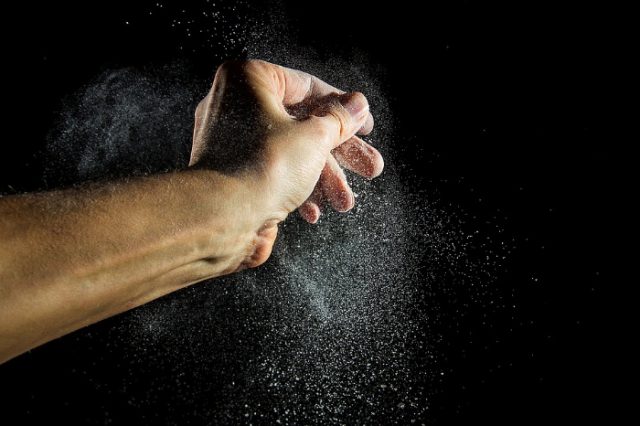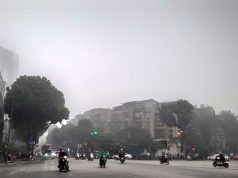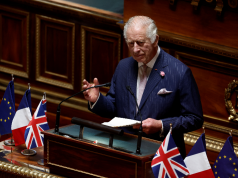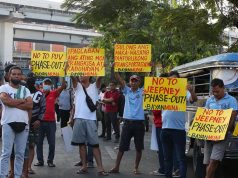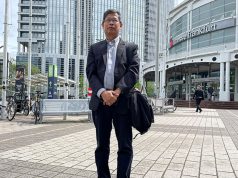Department of Health records show that more than 85,000 Filipinos die every year due to respiratory diseases such as pneumonia, emphysema and lung cancer.
Air pollution is experienced in every corner of the world, according to the World Health Organization, and it is worse in developing regions with more than 90 percent of deaths attributed to pollution found in Asia and Africa.
The WHO estimated that more than 7 million people die due to being exposed to air pollution.
Philippine law mandates clean air
Not known to many, there’s a law to manage air quality in the country, the Republic Act 8749 or the Clean Air Act of 1999.
The Department of Environment and Natural Resources is tasked to be the lead agency to oversee the implementation of the law’s provisions with the help of other government bodies such as the Department of Energy and the Department of Science and Technology.
In Section 6, it is stated that: “The Department shall prepare an annual National Air Quality Status Report which shall be used as the basis in formulating the Integrated Air Quality Improvement Framework.”
However, the quality of air continues to worsen over the years with thick blankets of smog, a mixture of fog and smoke, being inhaled by Filipinos every day.
In a 2015 study, a group of researchers found that levels of particulate matter (PM2.5), or the sum of hazardous solid and liquid in the air, on Taft Avenue in Manila exceeded the standards set by WHO and the Clean Air Act of 1999.
In 2016, a study of the Philippine Nuclear Research Institute found large traces of particulate matter (PM10 and the PM2.5) and harmful elements such as lead and black carbon in the three sites its researchers have collected from.
Particulate matter or particle pollution refers to the mixture of dust, dirt, chemical particles and soot in the air.
If you would observe, this is the reason average Filipinos have a habit of sweeping or vacuuming every now and then as dark dust and dirt tend to pile up.
How to contribute to clean air
Walk or ride a bicycle whenever possible. This is probably an advice you’ve heard more as a form exercise rather than for environmental reasons.
However, DENR found out in 2016 that 69 percent of air pollution came from vehicle emission, and that 90 percent of it was from Metro Manila.
If you regularly use a car to go to places, make sure it is fine-tuned for “longevity, reliability and fuel economy,” thus helping it emit less harmful substances in the air, according to Popular Mechanics.
Inside homes, the best way to make sure improve air quality is to prevent any person from smoking there.
Start switching to more organic or environment-friendly cleaning products as well, rather than the common pesticides found in the market.
Last, make sure to keep your home clean.
Today, some Filipino households prefer to use vacuum cleaners of varying degrees of technology instead of the regular walis tambo or broom for the time-saving and effectiveness benefits. Some are canisters, deep cleaners, upright, sweeper or stick or handheld. Dyson Cyclone V10, for one, looks like a slick stick that can be be transformed into a handheld vacuum for smaller areas. Robot vacuum cleaners, meanwhile, are also within reach for households at a range of prices.

